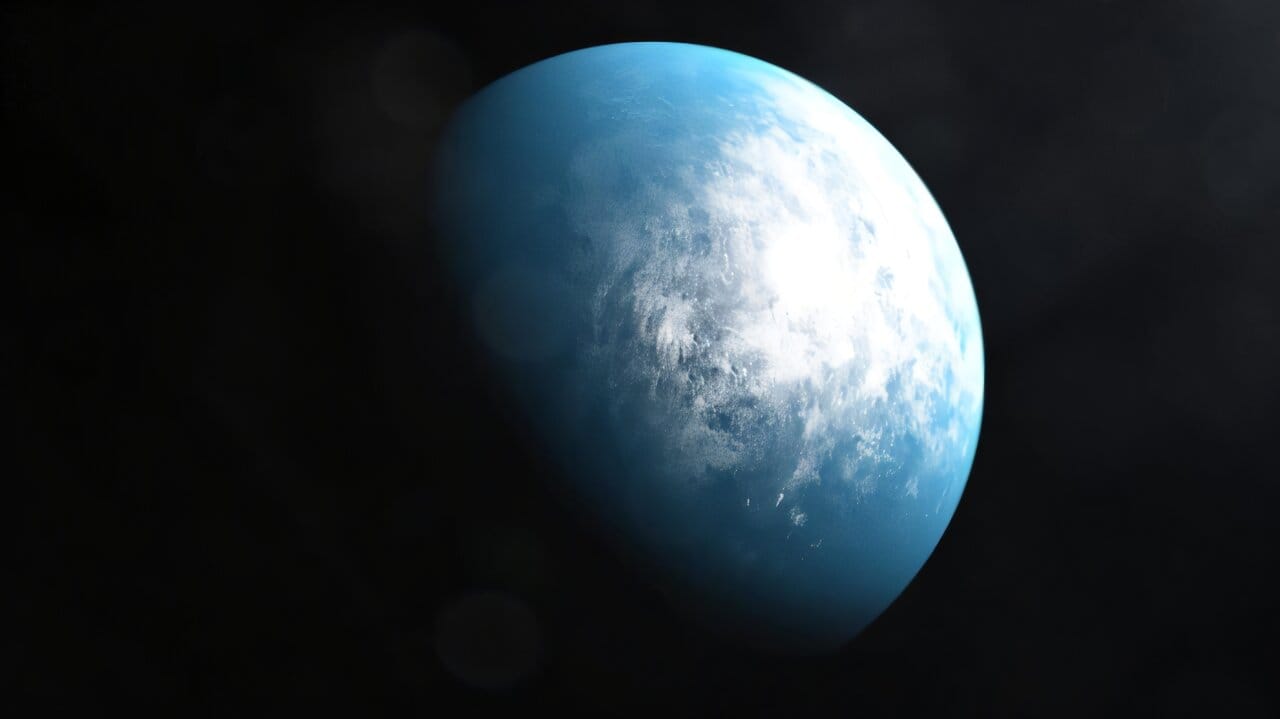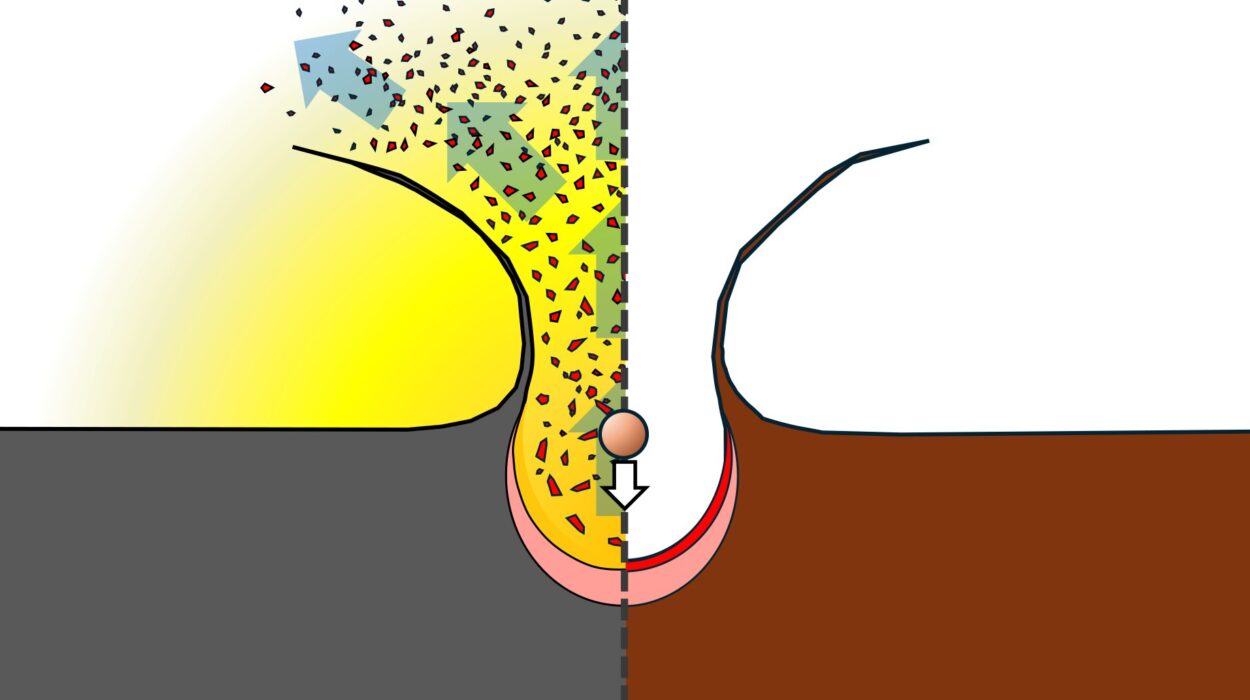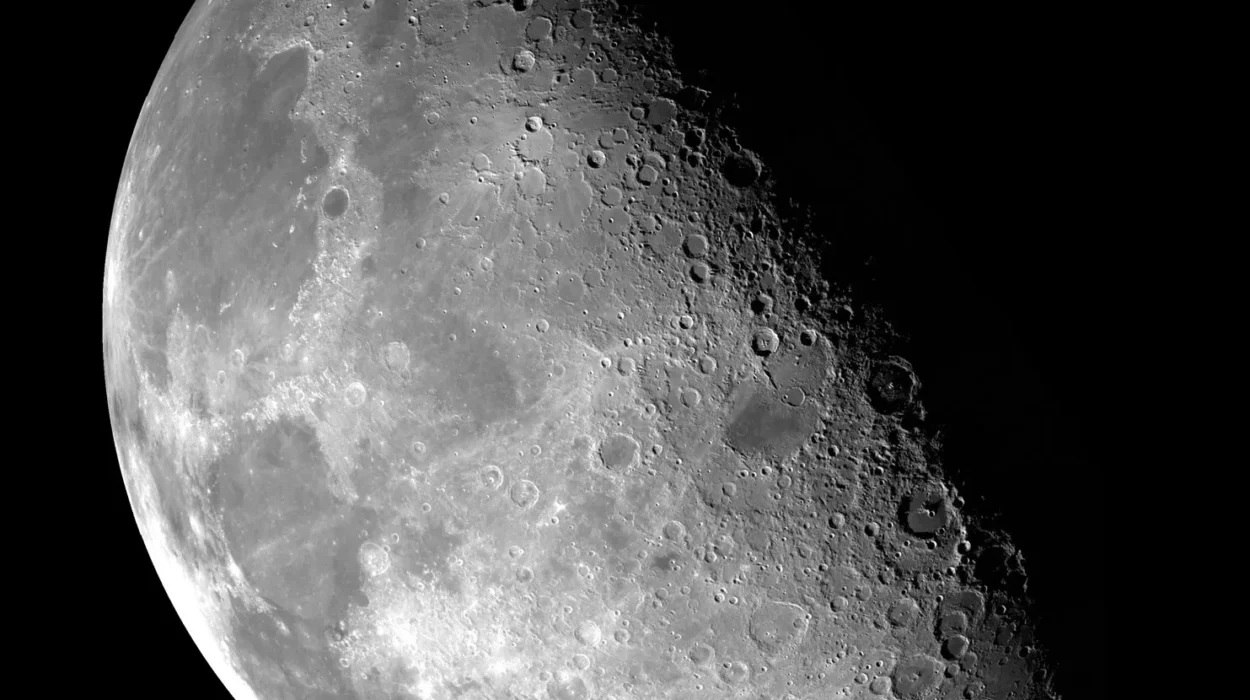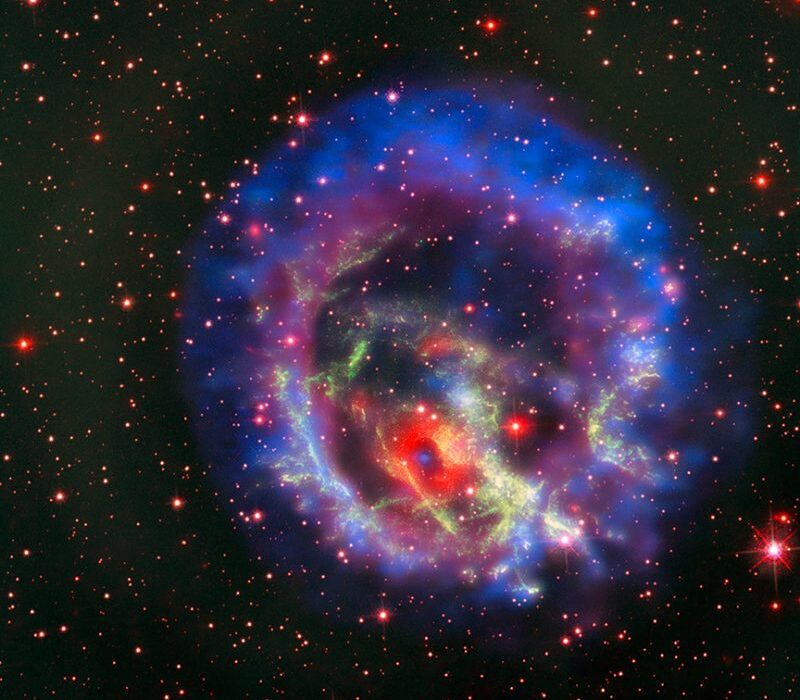For as long as humans have gazed at the night sky, we’ve wondered: Are we alone? This simple question — both deeply personal and universally profound — fuels one of the most exciting scientific fields of our time: astrobiology. It’s a discipline that tries to unravel how life began on Earth, and whether it might exist elsewhere in the cosmos.
But alongside telescopes, spacecraft, and laboratory experiments, another powerful force shapes our perception of the search for life: the way astrobiology is communicated to the public. A new study published in PLOS One by researchers from Leiden University has pulled back the curtain on how the field has been portrayed in academic papers, press releases, and news articles over nearly three decades — and what kinds of promises and speculations have been most common.
Tracking the Story of Life Beyond Earth
From 1996 to 2024, first author Danilo Albergaria and his colleagues analyzed 630 articles across three major types of science communication: peer-reviewed academic papers, institutional press releases, and mainstream news stories. They combed through material published in six reference newspapers — The New York Times, The Guardian, Brazil’s Folha and Estadão, Portugal’s Público, and Spain’s El País — as well as selected sources in Portuguese and Spanish.
Their goal was simple yet ambitious: to see how often and in what ways public discussion about astrobiology leaned into speculation, promises, and expectations.
What they found paints a nuanced picture of how scientific excitement filters into public imagination.
The Most Common Speculation: The Recipe for Life
According to the study, the most frequent form of speculation was about the conditions or ingredients necessary for life beyond Earth — for example, the presence of liquid water, certain atmospheric chemicals, or stable climates on distant worlds. This was followed by speculation about the existence of extraterrestrial life itself.
Interestingly, speculation about actual detection — claiming or strongly hinting that we might soon find direct evidence of alien life — was far less common. Even rarer were bold predictions about when such a discovery might happen. In other words, most coverage leans toward setting the stage rather than declaring the final act.
“Scientists don’t seem comfortable setting expectations on the prospects of life detection when talking about their own research,” Albergaria notes. “That restraint comes across clearly in peer-reviewed papers.”
Technology, Progress, and the Search
The study also explored how technological optimism enters the conversation. Roughly one-third of news articles, one-fifth of press releases, and one-tenth of academic papers expressed expectations that new instruments or missions could help us find life. This includes the excitement surrounding advanced telescopes, robotic probes, and space missions targeting promising planets and moons.
Equally notable was the recurring promise of progress — the idea that astrobiology is steadily advancing toward an answer, even if that answer remains elusive. About one-fifth of both press releases and news articles made this point explicitly.
The Temptation to Captivate
One of the most revealing findings is that news articles tend to present more speculation and promises than academic papers. This is perhaps unsurprising — journalists are often tasked with capturing public attention. However, the researchers found that press releases — which often serve as the bridge between scientists and journalists — sometimes contained more speculative framing than the studies they summarized.
“This may reflect pressures for institutional communications to emphasize the impact of a study to grab media attention,” says Albergaria. “It’s a fine line between highlighting significance and overselling results.”
Who Gets to Speculate?
The team also looked at who was doing the speculating. In press releases, speculative statements most often appeared in direct quotes from the study’s authors. In news articles, speculative content was more evenly split between quotes from researchers and unattributed commentary — the kind of framing that might come from the journalist or the publication’s editorial voice.
The researchers also noticed that speculative framing was more common in coverage of exoplanet research — planets orbiting other stars — than in stories about our own solar system. And it was much higher than in coverage of SETI (the Search for Extraterrestrial Intelligence), which often faces a different set of public expectations and scientific challenges.
Why Speculation May Be Unavoidable
Speculation in science communication often gets a bad reputation, but Albergaria argues it’s not inherently harmful — especially in a field like astrobiology. “Speculative imagination helps to develop concepts and hypotheses that guide the search,” he explains. “There are many unknowns about life in the universe and that’s why speculations in the communication of astrobiology seem almost inevitable.”
The challenge, he says, is to distinguish between unwarranted hype and legitimate scientific context. That distinction is sometimes subtle — and depends on how much uncertainty the communicator chooses to reveal.
A Mirror of Human Curiosity
In the end, the study reveals more than just the communication habits of scientists, press officers, and journalists. It also reflects our collective psychology. We are a species driven by curiosity, by the tantalizing possibility that somewhere in the dark ocean of space, another spark of life flickers.
That curiosity will always carry a measure of speculation. After all, before we can find life beyond Earth, we must first be able to imagine it. And in that imagination — as in science — lies the first step toward discovery.
More information: Danilo Albergaria et al, Communicating astrobiology and the search for life elsewhere: Speculations and promises of a developing scientific field in newspapers, press releases and papers, PLOS One (2025). DOI: 10.1371/journal.pone.0328766






